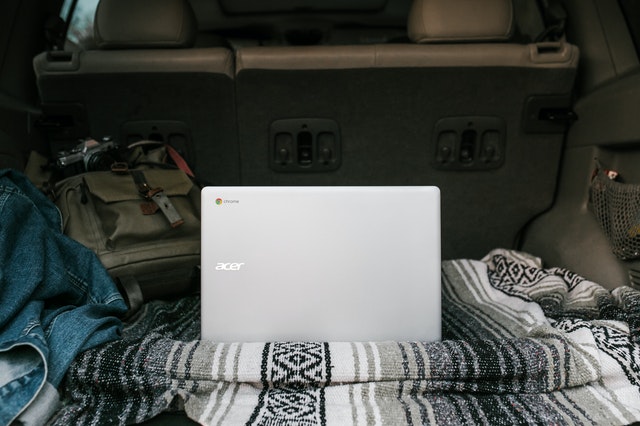I didn’t plan to be a nomad. Yet in the last decade, a combination of school, work and family saw me in a new city—across the country from the previous city—every two years. While I had moving down to a science (checklists, procedures, the three day un-pack), I was not a very good nomad.
Traditionally, one speaks of nomadic peoples. They move to new places together, with the seasons or for some other purpose, and within a specified territory. Nomadic peoples don’t leave community when they move; community comes with them.
This echoes the experiences of the ancient Hebrews. In fact, I appreciate how the Hebrew Bible describes the ancient Israelites and their nomadism. They ate, washed, created family, and worshipped without a permanent home.
Modern-day nomadic life is different. We are more likely fly or drive to a new place alone. It takes a year to find a good dry cleaner and doctor. It takes a solid two years to make friends and find a church home. It takes more years to create community. And then I leave again.
Few aspects of my moves have been more difficult than looking for a new church. It gives me a greater kinship with the ancient Israelites. They also found a home, built a temple, and nearly fell apart when they were torn from it.
So I was delighted to be able to live-stream Sunday morning worship from my last church in my new city. It gave new meaning to the term “Bedside Baptist.” I wasn’t sleeping in. I was wide-awake, wearing pajamas, laptop in the bed, worshipping with my old church. The familiarity is comforting—I see my friends; I can sing along with the choir; I hear a sermon from the minister I know. I love the technology that lets me move with my community.
Of course, it fails me too. I can’t hug the live-streaming video. The laptop won’t come see me in the hospital. New media technology can’t offer the bread and wine.
While I’m inclined to think that this is a twenty-first century challenge, my tradition reminds me that it’s not. Surely Peter and Paul must have felt like lone nomads when they left new Christian communities. They must have longed for the familiar; surely they loathed the constant re-creation of their lives.
When away from their faith communities, they communicated. They wrote letters. They shared their experiences, struggles and ideas. They tried to encourage the communities they left. They sometimes spoke of the encouragement they received. I can understand both sides of the correspondence. Going to a worship service online might not be so different from reading a letter from Paul or Peter. Yearning to be with the community I left might not be so different from what Paul or Peter felt. The epistles no more administer sacraments or visit the sick than a live-stream video, but perhaps the video—like the epistles—can encourage a later generation in its faith.
(Originally published with The New Media Project here)




